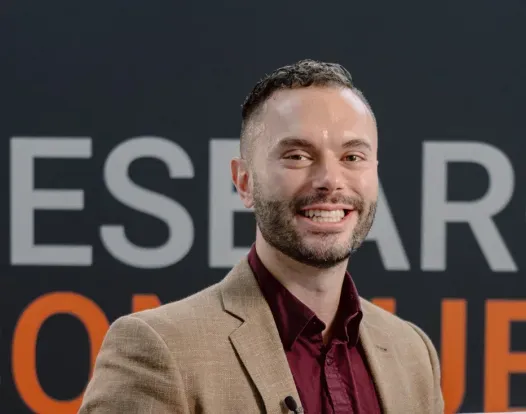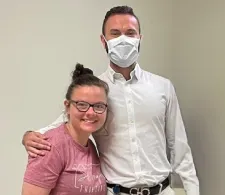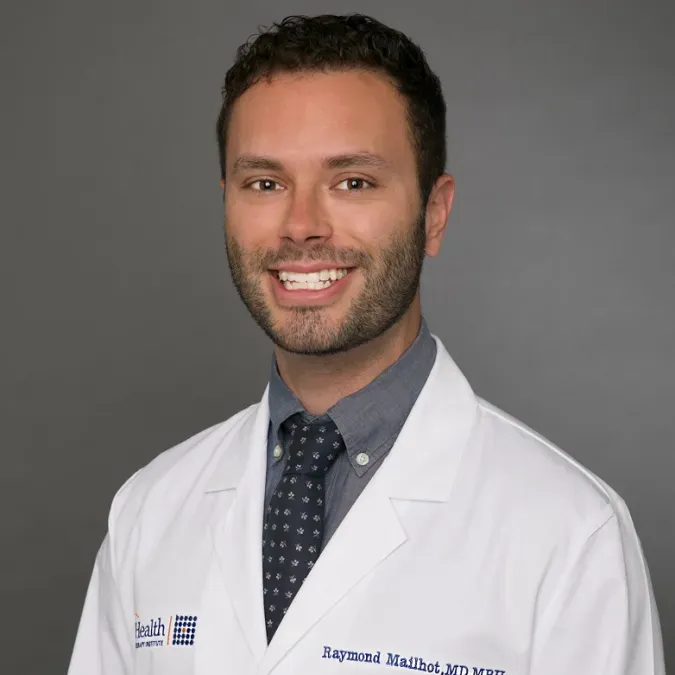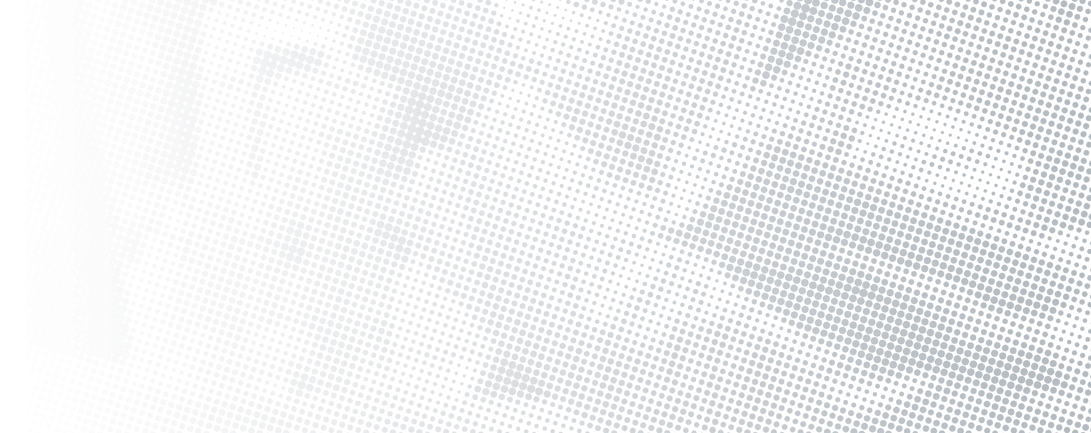These researchers have dedicated their careers to finding new treatments and cures for people with cancer.


Originally from Honduras, Dr. Mailhot’s family and cultural background are inextricably linked to his passion for cancer research and care—especially for people in Latin American countries and particularly among younger populations. Like so many low- and middle-income countries (LMICs) around the world, Latin American nations face a major challenge when it comes to treating pediatric cancers: Most often, children in these settings receive radiotherapy care from general radiation oncologists instead of radiation oncologists specialized in treating pediatric cancers. This can result in younger patients not receiving the nuanced, specialized care they need. This can be especially problematic for young patients undergoing treatment for blood cancers, such as Hodgkin lymphoma, in LMICs.
While most patients with this disease ultimately become survivors, radiation treatment for blood cancers is notoriously taxing on patients, both during and long after the process—especially for children with Hodgkin lymphoma. For patients and families in LMICs with limited capacity for specialized cancer care—a common challenge in LMICs—this can make treatment even more difficult to endure. Consequently, these young patients face an even greater challenge when it comes to maintaining a decent quality of life.
Finding that sweet spot between successfully targeting lymphoma and ensuring that patients and survivors can enjoy their lives—with minimal risk for side effects or relapse—is what Dr. Mailhot hopes to achieve through global oncology research.

What is the current reality for children with cancer, and what are some common challenges in this area of cancer research?
RM: Radiation is most often a local treatment, meaning it’s targeted. When the target is the brain, the discussions surrounding radiation treatment, especially for young patients with blood cancers or brain tumors, are understandably very sensitive because radiation to a child’s brain can cause cognitive impairment.1 And what the parents and caregivers in the room really want to know is, will my child be successful in school? What does it look like for them in terms of scholastic success? I believe this is a big question that comes up because we know if someone does not graduate with a high school diploma, they typically face higher risks of poorer health outcomes, being incarcerated, and generating less income.2 Therefore, it’s important for us as researchers and providers to understand not only how cognitive ability might be affected, but also to consider how the patient’s life milestones and future goals may also be affected.
What are some examples of tools and resources that your Conquer Cancer grant enabled you to access that otherwise you could not have accessed without that support?
RM: The truth about research funding is that there’s a certain gravity to it; that first grant really helps early-career researchers to demonstrate that we’re able to successfully execute a research project. Receiving a Conquer Cancer grant was one of the first milestones of my career, as I was participating in Conquer Cancer’s career development research workshop. Through accessing these resources and tools, they’ve opened many opportunities for me to familiarize myself with experts in the field, as well as connect with mentors and collaborators. I don’t think I would be where I am today were it not for that first grant.
Can you summarize the hypothesis and outcomes of your Conquer Cancer–funded research?
RM: One was to collaborate with the Mexican Society of Radiation Oncologists—which is called SOMERA—to work together to determine the radiotherapy capacity for treating children with cancer in Mexico. We delivered a national survey across Mexico to radiation oncologists, asking them to self-identify the challenges they face as radiation oncologists.3 I developed the survey in collaboration with SOMERA leadership, particularly Dr. Dolores de la Mata Moya, and pediatric radiation oncologists in Mexico.
The project helped us better understand where they felt the gaps were so that SOMERA, and perhaps the Mexican health system, can more effectively intervene to supply or better allocate resources for providers who are treating children with cancer.
We also asked pediatric radiation oncologists, and radiation oncologists in general (because they don't subspecialize for pediatric cancers in Mexico), about the pediatric cancers they felt were the most challenging to treat. Prior to providing instructional workshops, we had the providers use software to develop initial treatment plans. Then, I provided instruction for a course of about 300 providers and asked them to complete follow-up work after that intervention. We saw that the scores went up for how they developed their treatment plans. In particular, the providers improved in their contouring—a technique that radiation oncologists use to delineate the areas of the body we plan to treat with radiotherapy.
Overall, we demonstrated that workshop interventions can be successful in this setting. They can be a useful tool for medical institutions abroad to make sure that practitioners are up to date with current best practices in pediatric cancer care.
Can you walk us through the approach for your Conquer Cancer–funded research and how you selected the methodology for that project?
RM: My family is originally from Honduras, so one of my passions is working with Hispanic patients and patients in Latin America. In the U.S., children and their families can see pediatric oncologists who specialize in dealing with children’s cancers. However, in a lot of the world, it’s a general oncologist or a general physician who is treating that child.
With this in mind, I aimed to evaluate the current capacity of pediatric radiotherapy in Mexico. We also partnered with our Mexican collaborators to demonstrate that a workshop training could help to improve provider knowledge of best practices for treating the most common pediatric malignancies that need radiation.
To what extent have you seen the results of your project help young patients?
RM: The results have ignited a call to action that research into pediatric radiotherapy capacity is necessary and worth pursuing. We’ve established research partnerships not only in Mexico, but also with the International Atomic Energy Agency and collaborators in other Latin American countries. I’ve cultivated relationships with pediatric oncologists and physician-scientists in Colombia who are interested in partnering to expand this work. Additionally, we published an article in JCO Global Oncology, and researchers from Saudi Arabia reached out to see if we could similarly conduct a survey of Saudi Arabian radiotherapy capacity for children with cancer.
What is the value of supporting research projects—like yours—that facilitate global collaboration?
RM: Conquer Cancer fills a very important void: There is a gap in funding for global oncology research as well as childhood cancer research. I appreciate that Conquer Cancer support allowed me to complete my research project in Mexico, which has subsequently developed into fruitful collaborations with other Latin American nations and even in the Middle East. Research costs dollars, and it was that initial grant that allowed me to execute those aims and collaborate with Mexican providers to successfully finish that project.
5 years from now, what advances do you anticipate in the pediatric oncology space, and how do you think your Conquer Cancer–funded project can contribute to those advances?
RM: Patients with Hodgkin lymphoma generally have an excellent prognosis, with more than 90% of patients surviving.4 Therefore, our research focuses on making sure that in their survivorship, they’re as healthy as they can be. It’s about finding that common ground of how we can make sure that we’re getting rid of disease, while also ensuring those survivors can enjoy a good quality of life and face minimal side effects from treatment.
I think we’re going to continue seeing an evolution of how to find that sweet spot of both making sure we’re helping patients reach remission, but also that patients who are cured are still afforded a healthy life.
Can you expand on the importance of supporting early-career researchers, including how this benefits the patients they serve?
RM: Research and grant funding really operate like gravity: the more you have, the more you attract.
Getting that first research grant is really a pivotal moment. For Conquer Cancer donors to really focus on supporting early-career investigators really sets a tone for us to be able to develop our research careers. Through a diverse investment into different voices, perspectives, and thought processes, we help ensure that research is appropriately representative of who we are, who our patients are, and how we get new ideas for better treatments and cures.
1: Rübe et al. Cancers (Basel)
2: Lansford et al. Journal of Adolescent Health
3: Mailhot et al. JCO Global Oncology
4: Munir et al. International Journal of Molecular Sciences

